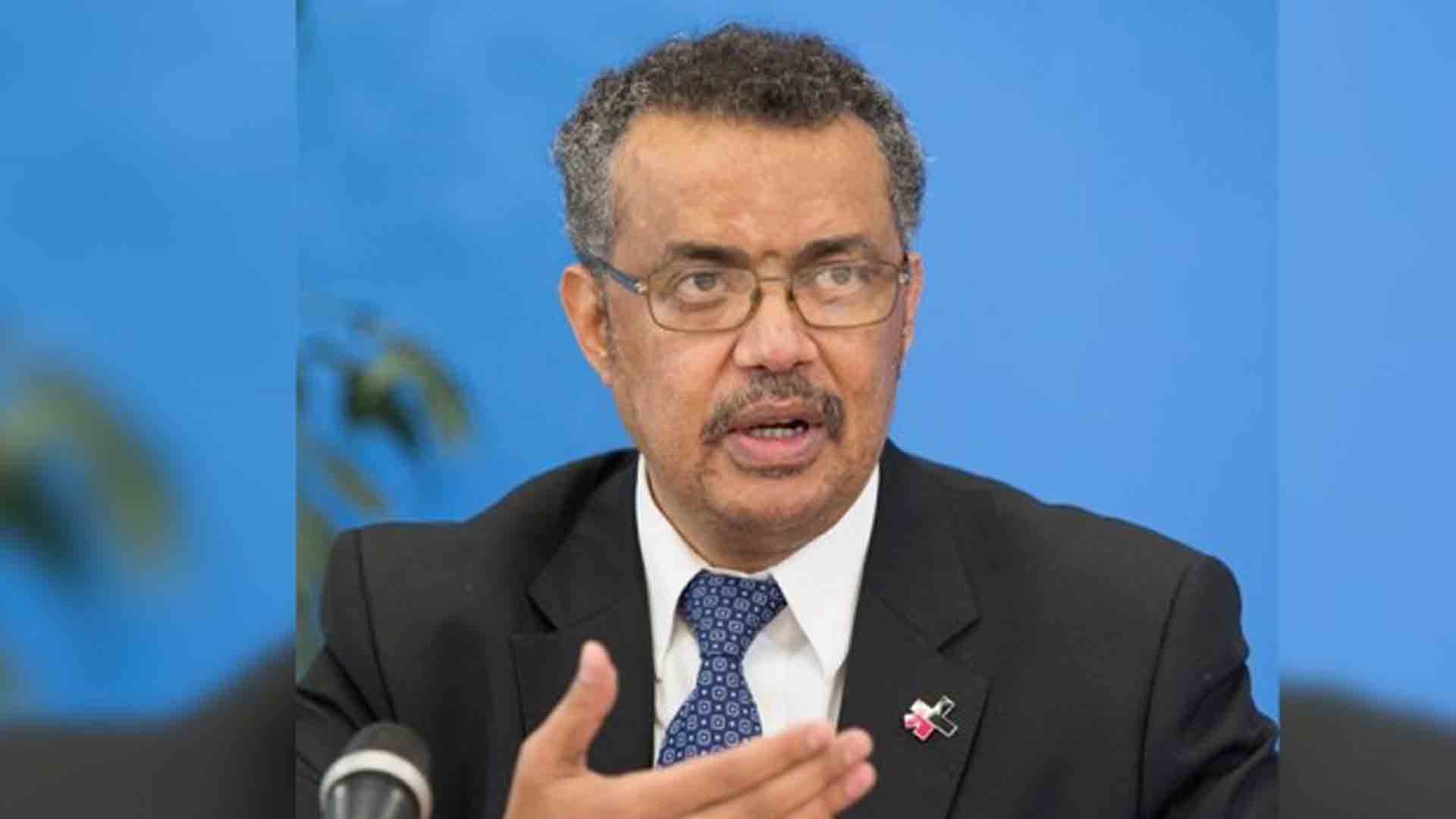The World Health Organization (WHO) on Monday said it was “cautiously optimistic” about encouraging news on the coronavirus disease 2019 (Covid-19) vaccine.
However, it added it was “extremely concerned” over surging cases in Europe and the Americas where health workers and systems are being pushed to the “breaking point”.
“This is not the time for complacency,” said WHO Director-General Tedros Ghebreyesus in a news conference from the organization’s headquarters for the first time in two weeks since he self-quarantined after making contact with a person who tested positive for Covid-19.
“While we continue to receive encouraging news about Covid-19 vaccines and remain cautiously optimistic about the potential for new tools to start to arrive in the coming months, right now, we are extremely concerned by the surge in cases we’re seeing in some countries. Particularly in Europe and the Americas, health workers and health systems are being pushed to the breaking point,” cautioned Tedros, who said he had not tested himself for the virus during his quarantine.
Tedros spoke at a twice-weekly WHO webinar after US drug company Moderna announced Monday the vaccine it developed has an efficacy rate of 94.5 percent.
Last week, US drugmaker Pfizer and German biotech firm BioNTech announced their coronavirus vaccine candidate was more than 90 percent effective, although there were concerns about its storage.
“We should have realistic hope, but we are not there yet,” said Dr. Mike Ryan, the WHO’s executive director of emergencies.
WHO’s chief scientist Dr. Soumya Swaminathan added that it was “very encouraging” to see that Pfizer and Moderna “seem to be achieving high efficacy.”
She cautioned, however, “there are many, many questions still remaining, about the duration of protection, the impact on severe disease, impact on different subpopulations, especially the elderly, as well as the adverse events beyond a certain period of time.”
Swaminathan said WHO looked forward to getting more results in the coming weeks from the other vaccine trials currently in progress.
Dr. Kate O’Brien, WHO’s head of immunization, vaccines, and biologicals, said information from Moderna that its vaccine might need refrigeration at minus 20 degrees Celsius “is welcome news as well”.
Pfizer had said its vaccine would have to be stored at minus 75 degrees Celsius, making it very difficult to stock.
Since last December, the novel virus has claimed more than 1.3 million lives globally and infected 54.7 million, according to the Johns Hopkins University. (PNA)







